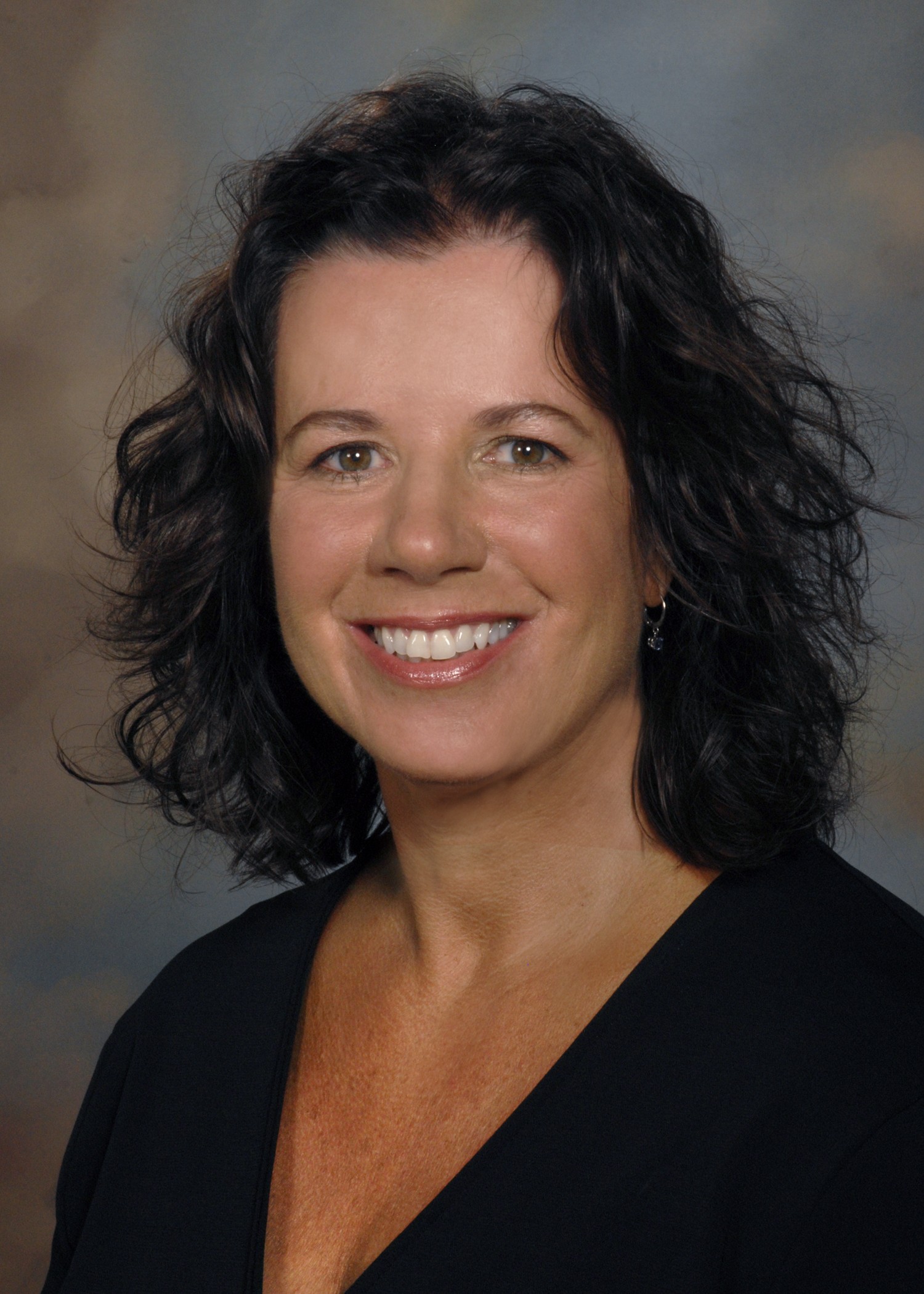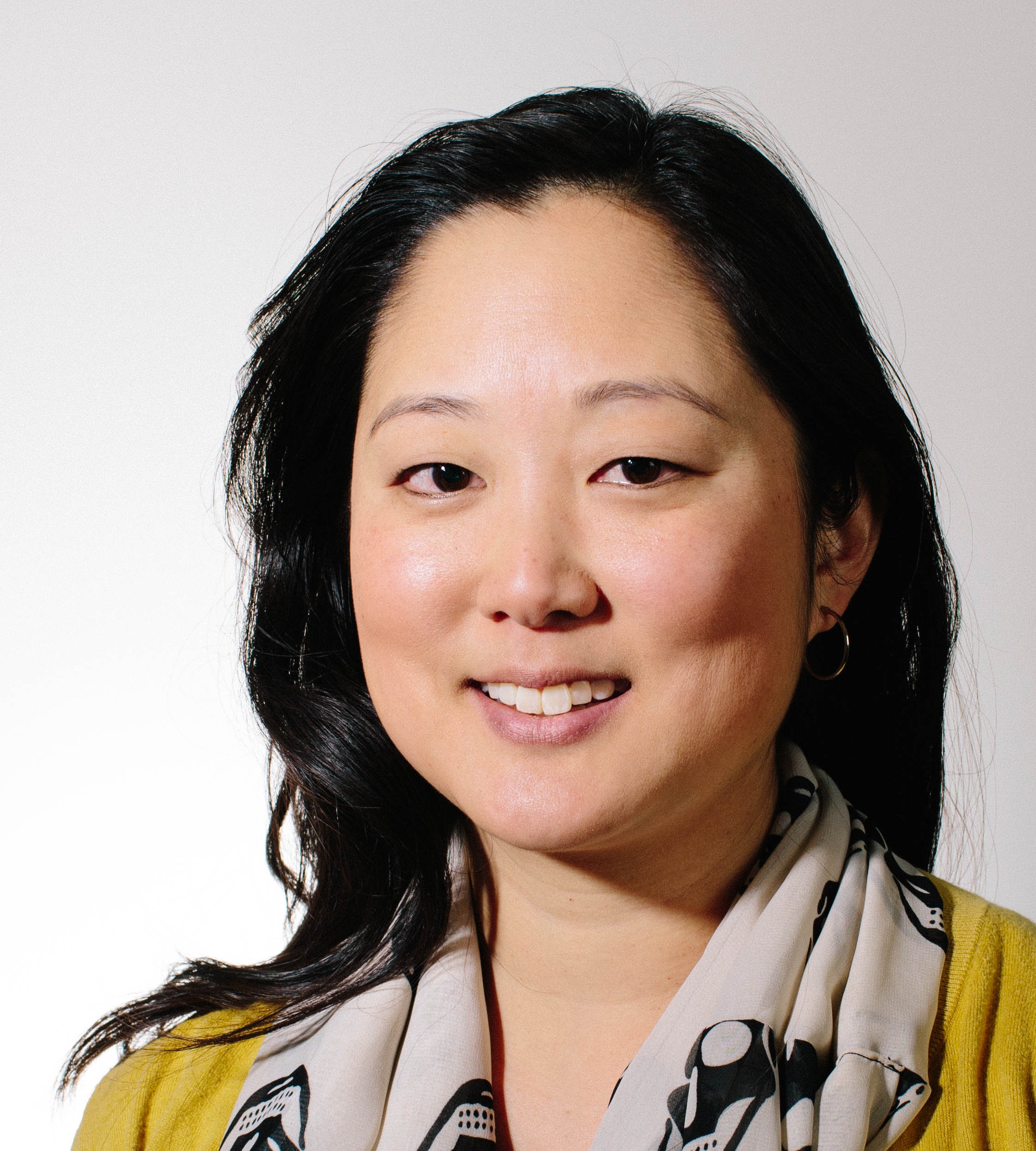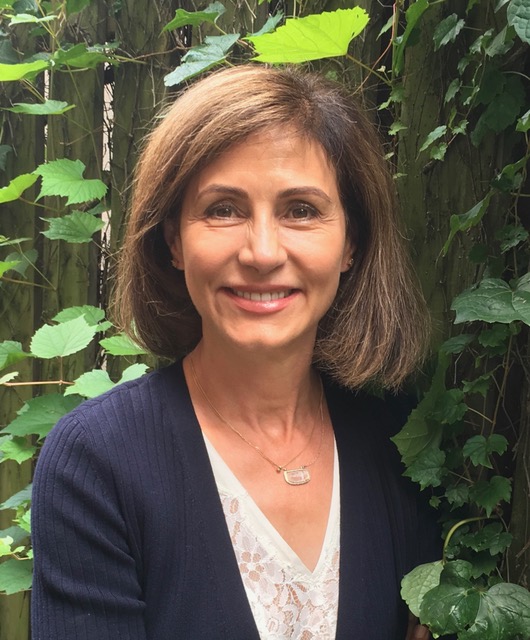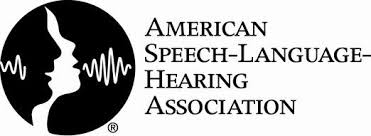|
In This Issue...
- President's Message
- Welcome, New Board Members!
- Boston's Calling!
- Apply for a Fellowship Award
- Volunteer as a Mentor
- What's the Big Deal with Board Certification?
- Member Spotlights: Esther Kim and Catherine Wiseman-Hakes
- ASHA Announcements
- 2018 ASHA Award Winners
- Member Accomplishments
ANCDS Board Certification
Why become Board Certified?
- Recognizes your advanced clinical knowledge and skills
- Enhances your confidence in your clinical knowledge and skills
- Enhances consumer and referral source confidence in the care you can provide
- Encourages professional growth through the continuing education required for maintenance of board certification
- Provides a respected credential to support professional advancement
Sponsorship Opportunities
ANCDS is seeking sponsors for our upcoming annual meeting. Both package and individual sponsorship opportunities are available.
Please click the link below to let us know how you would like to support our organization.
I would like to help sponsor this event!
Upcoming Conferences
Sep. 14-15: Eleanor M. Saffran Conference on the Cognitive Neuroscience and Rehabilitation of Communication Disorders (Philadelphia, PA)
Oct. 19-20: Project BRIDGE: Building Research Initiatives by Developing Group Effort (Clearwater, FL)
Nov. 14: 2018 ANCDS Scientific and Business Meeting (Boston, MA)
Nov. 15-17: 2018 ASHA Convention (Boston, MA)
Dec. 3-5: International Neurology Conference (Valencia, Spain)
Mar. 20-23, 2019: Neural Engineering Conference (San Francisco, CA)
Upcoming Live Webinars
Sep. 14: Return to work and workplace interventions for persons with TBI (Registration is almost full!)
Dec. 6: Collaborative intervention planning for people with aphasia and their speech-language pathologists
New On Demand CE Offerings
Jun. 2018: High definition fiber tracking and semantic feature analysis treatment for naming in aphasia
View all On Demand CE here!
ANCDS Job Board
Looking for a new career opportunity? Check out our free job board!
Members, want to post a free ad for an open position at your company? Submit this form!
Welcome new members!
Full Members
Deryk Beal, PhD, MHSc, CCC-SLP
Carly Cauley, MA, CCC-SLP
Kimberly Eichhorn, MS, CCC-SLP, ATP
Kaylie Holzapfel, MS, CCC-SLP
Dr. Leslie Ledee-Lozada, SLP.D.
Amy Maguire, MS, CCC-SLP
Kim McCullough, PhD, CCC-SLP
Gloria Olness, PhD, CCC-SLP
Dalise Robinson, MA, CCC-SLP
Victoria Scharp, PhD
Students
Jennifer Fortin, MFA
Zachary Frost
Christy Galloway, MA, CF-SLP
Megan Johnson
Megan Schliep, MA, CCC-SLP, MPH
Elizabeth Schrimpf, MS, SLP
Kristal Whiteside
ANCDS Board/Officers
Julie Wambaugh, PhD
President
Linda Shuster, PhD, CCC-SLP
President-Elect
JoAnn Silkes, PhD
Secretary
Katherine Ross, PhD, BC-ANCDS
Treasurer
Richard Peach, PhD, BC-ANCDS
Immediate Past President
Tepanta Fossett, PhD
Executive Board Member
Katy O'Brien, PhD, CCC-SLP
Executive Board Member
Janet Patterson, PhD
Executive Board Member
Gail Ramsberger, ScD, CCC-SLP, BC-ANCDS
Executive Board Member
Stacie Raymer, PhD
ANCDS Archivist
Sheryle Hazard, CAE
Executive Director
Contact Us
ANCDS
2345 Rice Street, Suite 220
St. Paul, MN 55113
Online: www.ancds.org
Email: [email protected]
Phone: 651-925-5528
Fax: 651-317-8048
Have feedback or suggestions for the newsletter? Contact us here!
|
President's Message
By Julie Wambaugh, Ph.D.
2018 ANCDS President
Welcome to the summer ANCDS newsletter. I hope that you've had an enjoyable summer and have been able to take advantage of our podcasts, webinars (live and on-demand), and annual meeting recordings. As you are planning your fall and winter schedules, be sure to look for upcoming webinars and mark your calendars for the ANCDS Scientific Meeting in Boston on November 14th.
I would like to take this opportunity to update you on one of the issues that the ANCDS Board addressed this spring -consideration of a financial audit. ANCDS has never had a financial audit, although our managerial company, Association Development Services (ADS), undergoes regular external audits of their accounting procedures. That is, ANCDS finances, which are managed by ADS, have been audited only in an indirect manner. The Board's treasurer, Dr. Katie Ross, works with ADS to ensure accurate accounting for our organization, and as president, I also review our monthly accounting statements carefully.
The Board works diligently to limit ANCDS expenses and manage finances in a responsible manner. We wanted to explore the possibility of an external audit primarily for the purpose of demonstrating fiscal accountability for our members. Estimated costs for an audit were $5000 minimum, which would be a large expenditure for ANCDS. Our president-elect, Dr. Linda Shuster, researched recommendations, procedures, and reporting associated with auditing of organizations of our size. Her research indicated that audits are not typically recommended for small non-profit organizations such as ANCDS. Furthermore, she identified what an audit would, or would not do for ANCDS: "An audit is an outside CPA's (certified public accountant) professional opinion on the material accuracy of an organization's year-end financial statements. An audit has nothing to do with financial strategy or the financial viability and sustainability of the organization" (Zimmerman & Bell, 2012).
Given the cost of an audit, the auditing of our managerial company, the oversight of ANCDS finances and ADS accounting by our treasurer and other board members, and the relatively limited information provided by an audit, an external audit did not appear to be warranted. (Continue reading)
Welcome to Our New Board Members!
Please help us congratulate the newest additions to the ANCDS Board:
- President-Elect: Kathleen Youse, PhD, CCC-SLP, BC-ANCDS
- Treasurer: Yvonne Rogalski, PhD
- Member-At-Large: Alaina Davis, PhD, CCC-SLP
- Member-At-Large: Gerasimos Fergadiotis, PhD
Boston's Calling!

Join ANCDS for the 2018 Scientific and Business Meeting on November 14 at The Westin Boston Waterfront in Boston, MA. Our theme this year is Advances in Neurological Rehabilitation with a focus on neuroplasticity and the use of technology during recovery from aphasia and motor speech disorders.
2018 Annual Meeting Silver Sponsor

ANCDS does not endorse specific companies or products.
Apply for an ANCDS Fellowship Award by September 14!
The ANCDS Membership Committee is pleased to announce that awards will be offered for twelve (12) students to attend the ANCDS Fall 2018 Conference in Boston, MA. Funds to sustain the program continue to be provided by the ANCDS Executive Board and through donations from ANCDS members.
The 2018 competition is open to currently-enrolled, full time speech-language pathology master's and doctoral students, and other students specializing in clinical neurologically-based communication disorders and sciences (e.g., neuroscience students). Students do not need to be members of the ANCDS to apply for the ANCDS Fellowship Award.
The 2018 ANCDS Fellowship Awards include the following:
- a one-year ANCDS Membership for the 2019-2020 membership year,
- free registration for attendance at the 2018 ANCDS Conference,
- an invitation to attend a Fellow-Mentor Networking Breakfast the morning of the 2018 ANCDS Conference,
- a complimentary ticket for the 2018 ANCDS Conference Luncheon, and
- a Fellow-Mentor reception at the 2018 ANCDS Conference.
The application deadline is Friday, September 14, 2018 at 5:00pm (EST). Applications submitted after the deadline will not be accepted. Applicants will receive an email confirming successful submission. Students will receive notification about the awards by Friday, October 5, 2018 at 5:00pm (EST).
Click here for rules, requirements, and to apply today!
Volunteer as a Mentor to our Fellows!
The ANCDS Membership Committee is seeking volunteer mentors for our 2018 Student Fellows at this year's conference. Fellowship awardees receive complimentary conference registration and ANCDS membership for one calendar year. As a result, many of the selected students will be first time conference attendees.
Mentors will attend a Fellow-Mentor Breakfast the morning of the conference on Wednesday, November, 14, 7:00-7:45 am. During this breakfast, you will have the opportunity to get to know your assigned fellow. We invite mentors to have lunch with their assigned fellow and to facilitate introductions with other ANCDS members throughout the course of the meeting.
Please notify Membership Committee Chair Jessica Brown, PhD, CCC-SLP, via email at [email protected], if you are interested in participating in this experience and serving as a mentor.
What's the Big Deal with Board Certification?
ANCDS Board Certification is a recognized and respected indicator of clinical competence and is the only form of specialty recognition focusing on adult neurogenic communication disorders.
There are many benefits to becoming board certified, both intrinsic and extrinsic. Click here to watch The Value of ANCDS Board Certification, a testimonial video by Board Certified member Ramani Voleti, MS, CCC-SLP, ANCDS-BC.
Board certified members describe a sense of satisfaction and increased confidence after completing the process and being acknowledged for the effort they have put forth to advance their clinical skills. Similarly, ANCDS board certification can contribute to the trust that referral sources and clients are looking for when considering which provider to choose for themselves, their loved ones, or their patients. Finally, achieving a respected credential can be incorporated into your career ladder and professional enhancement.
For more information about board certification, visit our website!
Member Spotlights
In each newsletter, we feature an ANCDS member and their current research projects. This quarter, we decided to highlight two of our awesome members!

First up: Esther Kim, PhD, CCC-SLP, an Associate Professor and Director of the Aphasia Research Lab at the University of Alberta.
ANCDS: Why did you become interested in the field of neurogenic communication disorders?
Esther Kim (EK): I had always been interested in working in aging, but being exposed to the work going on at the National Center for Neurogenic Communication Disorders when I was studying at the University of Arizona really solidified my interest in this field. There's something about working with adults who were once fully independent, living their lives, who are then impacted by a sudden or progressive loss of their ability to communicate. It made me think of my own grandparents, or parents (or myself, as I'm getting older!) and wanting to work to develop interventions that can help improve life for this population.
ANCDS: What research or clinical projects are you working on currently?
EK: Right now one of the projects that's just getting going in my lab is an examination of different montages of tDCS paired with naming treatment for aphasia. This study came about after a small pilot study I completed with some clinicians at a local rehabilitation hospital here. We were using tDCS paired with intensive treatment in a small sample of people with aphasia. We had some positive results on the impact of the treatment but the effects of the tDCS stimulation were (not surprisingly!) harder to interpret. We realized we needed to back up and look at some basic questions around aspects of the stimulation itself, so that's how this project came about. (Continue reading)
 Next, meet Catherine Wiseman-Hakes, PhD, a Clinician Researcher and Lecturer at the University of Toronto. Next, meet Catherine Wiseman-Hakes, PhD, a Clinician Researcher and Lecturer at the University of Toronto.
ANCDS: Why did you become interested in the field of neurogenic communication disorders?
Catherine Wiseman-Hakes (CWH): I have always been a 'neuro-geek'; fascinated by the brain and human behavior. When I started my masters in speech language pathology, I knew I wanted to focus on traumatic and acquired brain injury for my career path. Having my dear friend and mentor Lyn Turkstra as a supervisor during my final clinical externship cemented this desire! The impact of neurological impairments (subtle and not so subtle) on cognition and communication can have such a profound impact on quality of life. One of the things I love about this field is that it's always growing and always challenging. The more we know, the more we realize there is to learn, which has been enhanced by increasingly sophisticated imaging techniques. I also love the human element, of helping people to have the highest possible communication competence, because ultimately, relationships are built on communication.
ANCDS: What research or clinical projects are you working on currently?
CWH: Currently, I am a co-investigator on a 3-year research project examining the intersection of TBI, mental health, and addictions, funded by the Ontario Ministry of Health and Long-Term Care, Health Systems Research Fund. I am co-leading one of four studies under the grant umbrella, which aims to examine knowledge and understanding of cognitive-communication and social communication impairments in youth and adults in the criminal justice system with TBI (or suspected TBI). Using a mixed methods approach, we are interviewing youth and adults in the CJS (with TBI or suspected TBI) as well as staff, with the ultimate objective of developing training and educational materials and informing policy. My co-lead is a sociologist and criminologist, so it is a fascinating project and we are learning from each other. (Continue reading)

ASHA Announcements
Resources for Practice
Practice Portal: Find information on clinical topics and professional issues to help translate evidence and expert opinion into practice at http://www.asha.org/practice-portal/. New resources on Right Hemisphere Damage, Central Auditory Processing Disorder, Pediatric Traumatic Brain Injury, and more have been added!
Illustrate the Impact of Interprofessional Collaborative Practice: Short videos describe the critical importance of collaboration in the eyes of consumers and families. Other resources for teaching or learning more about IPE/IPP are at http://www.asha.org/Practice/Interprofessional-Education-Practice/. Take a free webinar on The Why, What, and How of Interprofessional Collaboration to earn 0.2 ASHA CEUs!
New! Have you checked out ASHA's position statements on Facilitated Communication and Rapid Prompting Method developed by the Ad Hoc Committee on Facilitated Communication (FC) and the Rapid Prompting Method (RPM)?
Check out ASHA's tutorials on Evidence Maps: The Evidence Maps video series is your guide for navigating ASHA's Evidence Maps tool (http://www.asha.org/Evidence-Maps).
Research & Mentoring Opportunities
Clinicians and Researchers Collaborating (CLARC): The CLARC program is an online tool designed to enable clinicians and researchers to identify each other for the purpose of forming research collaborations. Find out more at http://www.asha.org/academic/CLARC/.
Mentoring Academic Research Careers (MARC): An online mentoring program that supports CSD junior faculty, post-doctoral fellows and PhD students in achieving and sustaining a rewarding career in academia through one-on-one online mentoring by seasoned faculty. Applications now open!
Register! Advancing the Scholarship and Practice of Teaching and Learning in CSD: Massachusetts Speech Language Hearing Association (MSHA) and ASHA Pre-Convention Workshop, November 14, 2018, 1:30-4:30 pm.
Faculty: Provide students with extra resources found on the National NSSLHA blog. There, students will find tips on transitioning to grad school, answers to CF questions from ASHA's CF guru, and more!
New Certification Standards 2020 Coming Soon! Read about the changes to the Audiology and Speech Language Pathology standards.
National Academies of Practice Forum Call for Abstracts: Due August 29; themes: Advocacy for Interprofessional Collaboration, IPP Models for Population Health, and Person-Centered Quality Healthcare.
Apply Now! Applications are open for the February 6-8, 2019 IPEC Interprofessional Leadership Development Program for deans, senior academic administrators, and IPE/IPP academic champions.
2018 ASHA Award Winners
Congratulations to our very own Heather Clark, PhD, BC-ANCDS, and Melissa Duff, PhD, for receiving ASHA's "Fellowship of the Association" award! According to the ASHA website, the "Fellowship is one of the highest honors the Association bestows. To be awarded Fellow, the nominee must have made outstanding contributions to the discipline of communication sciences and disorders." Great job, Heather and Melissa!
To see the full list of ASHA Award recipients, click here.
Member Accomplishments
Blake, Margaret (Peggy) Lehman. Promoted to full professor; will assume the Chair of the Dept. of Communication Sciences & Disorders at the University of Houston in Fall 2018.
Britton, D., Karam, C., & Schindler, J.S. (2018). Swallowing and Secretion Management in Neuromuscular Disease. Clinics in Chest Medicine, 39(2), 449-457. doi:10.1016/j.ccm.2018.01.007
Britton, D., Roeske, A., Ennis, S. K., Benditt, J. O., Quinn, C., & Graville, D. (2018). Utility of Pulse Oximetry to Detect Aspiration: An Evidence-Based Systematic Review. Dysphagia, 33(3), 282-292. DOI 10.1007/s00455-017-9868-1
Centeno, Jose G., Ph.D., CCC-SLP, was promoted to the rank of Full Professor in the Department of Communication Sciences and Disorders at St. John's University, Queens, NY.
Josephs KA, Martin PR, Botha H, Schwarz CG, Duffy JR, et al. [18F]AV-1451 tau-PET and primary progressive aphasia. Ann Neurol. 2018;83:599-611.
Tetzloff KA, Duffy JR, Strand EA, Machulda MM, Boland SM, Utianski RL, Botha H, Senjem ML, Schwartz CG, Josephs KA, Whitwell JL. Clinical and imaging progression over 10 years in a patient with primary progressive apraxia of speech and autopsy-confirmed corticobasal degeneration. Neurocase, 2018 DOI: 10.1080/13554794.2018.1477963
Utianski RL, Duffy JR, Clark HM, Strand EA, et al. Prosodic and phonetic subtypes of primary progressive apraxia of speech. Brain & Language, 2018; 184:54-65. https://doi.org/10.1016/j.bandl.2018.06.004
Kluin, Karen J. Michigan Medicine-University of Michigan Supervisor, Department of Speech Pathology & Clinical Assistant Professor, Department of Neurology received the 2018 Outstanding Clinician Award from the Michigan Speech Hearing Association.
Lanzi, A., Wallace, S. E., & Bourgeois, M. S. (2018). External Memory Aid Preferences of Individuals with Mild Memory Impairments. Seminars in Speech and Language, 39(03), 211-222.
Lanzi, A., Wallace, S. E., & Bourgeois, M. (2018). Group external memory aid treatment for mild cognitive impairment. Aphasiology, 1-17.
Page, C. G., Marshall, R. C., Howell, D, & Rowles, G. D. (2018) Use of communicative plans by certified nursing assistants: little things mean a lot. Aphasiology, 32 (5), 559-578.
Mozeiko, J., Myers, E. & Coelho, C., (2018). Treatment response to a double administration of Constraint Induced Language Therapy in chronic aphasia. Journal of Speech, Language, and Hearing Research, (61), 1664-1690.
O'Brien, K. H., & Kennedy, M. R. (2018). Predicting Remembering: Judgments of Prospective Memory After Traumatic Brain Injury. Journal of Speech, Language, and Hearing Research, 61, 1393-1408.
O'Brien, K. H., Schellinger, S. K., & Kennedy, M. R. (2018). Self-regulation strategies used by students with brain injury while transitioning to college. NeuroRehabilitation, 42 (3), 365-75.
Peach, Richard K., Ph.D., BC-ANCDS and Professor, Department of Communication Disorders and Sciences, received the Faculty Award for Excellence in Research and Scholarship, College of Health Sciences, Rush University.
Politis, Adam was named Chief of the Speech Language Pathology Section at the National Institutes of Health Clinical Center.
Politis, Rebecca was named Associate Director for Health Care Services in Speech-Language Pathology at ASHA.
Postman, Dr. Whitney Anne has been selected for the 2018-19 cohort of the Geriatric Leadership Scholars Initiative, by the Gateway Geriatric Education Center Geriatric Workforce Enhancement Program! The GWEP initiative develops competent gerontology faculty who have the skills to teach and assess students.
Chong CD, Peplinski J, Ross K, Berisha V, and Schwedt TJ. (2018, June). Differences in fibertract profiles between patients with migraine and those with persistent post-traumatic headache. Paper presented at the 60th Annual Scientific Meeting of the American Headache Society, San Francisco, CA.
Brassil, HE and Salvatore, AP. Clin Trans Med (2018) 7:25. https://doi.org/10.1186/s40169-018-0200-y. Research: the frequency of post-traumatic stress disorder symptoms in athletes with and without sports related concussion.
Seles, Davetrina advanced to candidacy and won a Dissertation Completion Award from the University of Georgia in April 2018. Now a Ph.D. candidate, she will begin dissertation research examining the health-related quality of life in African-American stroke survivors with aphasia.
Wiseman-Hakes C., Kakonge L., Summerby-Murray S. Language, Cognitive-communication and Social Communication: in: eds. Slomin B. & Locascio G., Cognitive Rehabilitation in Pediatric Neurological Disorders. June 2018: Cambridge University Press. Cambridge UK.
Bitan T., Simic T., Saverino C., Jones C., Wiseman-Hakes C., Glazer J., Collela B., Green R., Rochon E. Changes in resting state connectivity following melody-based therapy in a patient with aphasia. J Neural Plasticity Volume (2018)1-13. Article ID 6214095, https://doi.org/10.1155/2018/6214095
|